Windows Custom Safety
Threat Scorecard
EnigmaSoft Threat Scorecard
EnigmaSoft Threat Scorecards are assessment reports for different malware threats which have been collected and analyzed by our research team. EnigmaSoft Threat Scorecards evaluate and rank threats using several metrics including real-world and potential risk factors, trends, frequency, prevalence, and persistence. EnigmaSoft Threat Scorecards are updated regularly based on our research data and metrics and are useful for a wide range of computer users, from end users seeking solutions to remove malware from their systems to security experts analyzing threats.
EnigmaSoft Threat Scorecards display a variety of useful information, including:
Ranking: The ranking of a particular threat in EnigmaSoft’s Threat Database.
Severity Level: The determined severity level of an object, represented numerically, based on our risk modeling process and research, as explained in our Threat Assessment Criteria.
Infected Computers: The number of confirmed and suspected cases of a particular threat detected on infected computers as reported by SpyHunter.
See also Threat Assessment Criteria.
| Ranking: | 12,074 |
| Threat Level: | 20 % (Normal) |
| Infected Computers: | 10,238 |
| First Seen: | June 8, 2012 |
| Last Seen: | September 18, 2023 |
| OS(es) Affected: | Windows |
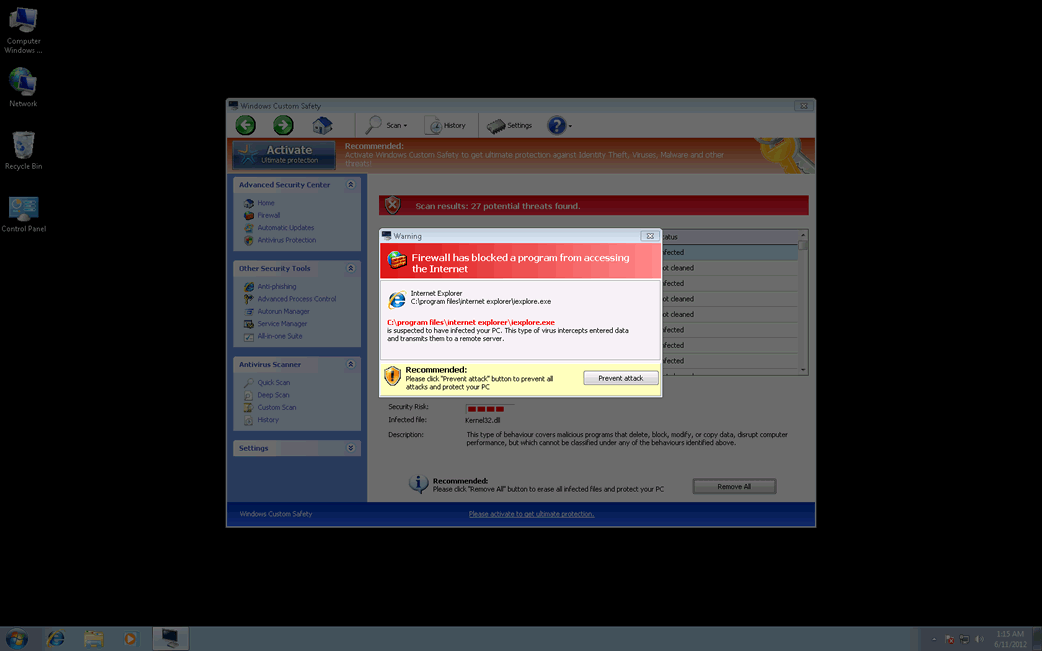
Windows Custom Safety Image
Windows Custom Safety is a fake security program that belongs to the FakeVimes family of malware. Bogus security applications like Windows Custom Safety are known as rogue security programs. These kinds of applications are designed to trick inexperienced computer users, making them think that they are in need of an expensive, useless, bogus anti-malware program. Since Windows Custom Safety has absolutely no real anti-malware capabilities, ESG security researchers strongly advise against purchasing its 'full version' or allowing Windows Custom Safety to remain on your hard drive. Instead, you should remove Windows Custom Safety as soon as possible with the help of a real anti-malware program that is fully up to date.
Table of Contents
Windows Custom Safety and Its Many Clones
The FakeVimes family of malware comprises dozens of fake security programs, with new iterations of this malware family being released every day. Rogue security programs in the FakeVimes family of malware dates back to 2009. While the fake security programs themselves have not changed much since then, criminals have started bundling Windows Custom Safety and other FakeVimes clones with dangerous rootkits and other Trojans. This makes Windows Custom Safety more difficult to remove than malware in the FakeVimes family that was released before 2012. Clones of Windows Custom Safety also released in 2012 also include programs like Virus Melt, Presto TuneUp, Fast Antivirus 2009, Extra Antivirus, Windows Security Suite, Smart Virus Eliminator, Packed.Generic.245, Volcano Security Suite, Windows Enterprise Suite, Enterprise Suite, Additional Guard, PC Live Guard, Live PC Care, Live Enterprise Suite, Security Antivirus, My Security Wall, CleanUp Antivirus, Smart Security, Windows Protection Suite, Windows Work Catalyst.
How Windows Custom Safety Tries to Scam Its Victims
Rogue security programs like Windows Custom Safety are among the most common types of online scams. Basically, their goal is to scare their victims into purchasing an expensive, but useless, upgrade to their fake security program. Windows Custom Safety has several ways in which Windows Custom Safety does this. For example, Windows Custom Safety will display a large number of fake error messages and alarming security alerts. It will also perform a fake malware scan on the victim's hard drives, claiming to find an unusually high number of malware infections present. However, if you try to use Windows Custom Safety to fix these supposed problems, Windows Custom Safety will claim that it is necessary to purchase a 'full version' of this fake security program. Since Windows Custom Safety has no actual way to remove malware from your computer system and is part of a malware attack itself, ESG security analysts strongly advise against paying for this useless fake security application.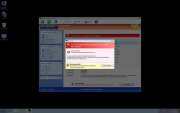
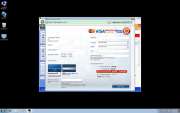
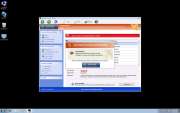
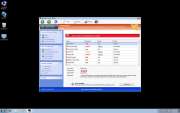
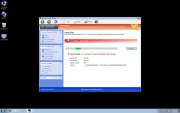
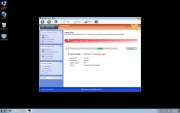
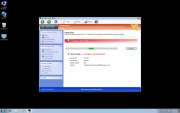
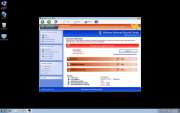
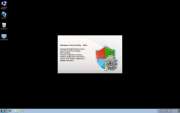
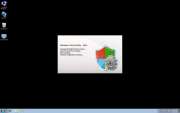
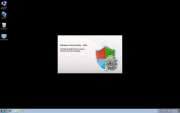
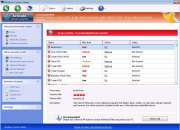
Windows Custom Safety Video
Tip: Turn your sound ON and watch the video in Full Screen mode.

File System Details
| # | File Name |
Detections
Detections: The number of confirmed and suspected cases of a particular threat detected on
infected computers as reported by SpyHunter.
|
|---|---|---|
| 1. | %AppData%\Protector-[RANDOM CHARACTERS].exe |
Registry Details
URLs
Windows Custom Safety may call the following URLs:
| cleanupallthreats.com |

